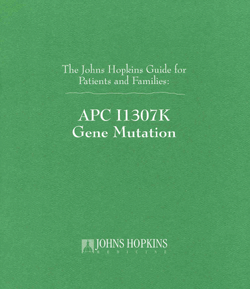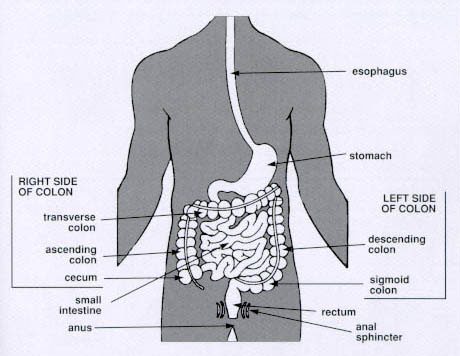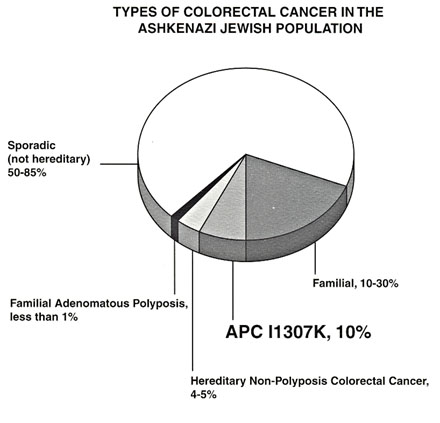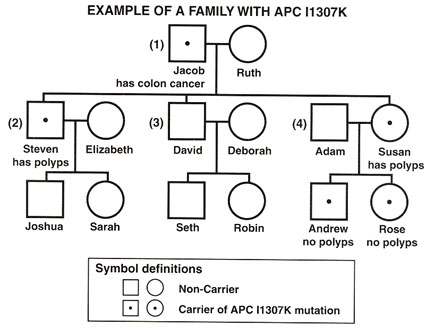
Back to Colorectal Cancer Brochures
Introduction
What is Colorectal Cancer?
What are Polyps?
What Is the Gastrointestinal Tract?
What Is Familial Colorectal Cancer?
What Is Hereditary Colorectal Cancer?
What Is the Difference Between thte APC I1307K Mutation and Other APC Mutations?
How Is the APC I1307K Mutation Inherited?
Is There a Test for the Newly Discovered APC I1307K Mutation?
Why Is This Mutation Most Common in People of Ashkenazi Jewish Descent?
Who Should Consider Testing for the APC I1307K Mutation?
Who Should Not Be Tested?
Who Needs Genetic Counseling?
What Does a Negative Gene Test Result Mean?
What Does a Positive Gene Test Result Mean?
What Should You Do If You Receive a Positive Gene Test Result?
Is Insurance Discrimination a Risk for Those Seeking Genetic Testing?
How Can the Gene Test Be Obtained?
How Much Does the Gene Test Cost?
Resources
Glossary
Appendix: Guidelines for Colon Screening


